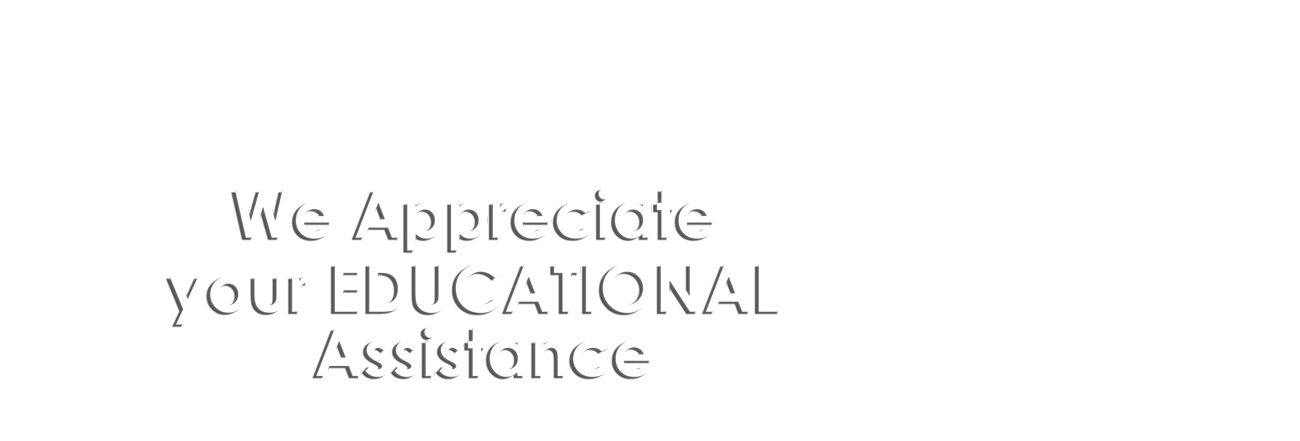EDUCATION
The right to education has been globally acknowledged as an out standing right.
Article 26 of the Universal Declaration of Human Rights decrees education as an inalienable human right (UN, 1948) upon which depends on the realization of other rights.
In Uganda, the right to education is explicitly stated in the Uganda Constitution 1995 which guarantees the right to free and compulsory basic education for every child.
However, Uganda’s education sector continues to have challenges that hinder the attainment of quality education standards.
The challenges are in the areas of; governance, management and administration leading to gaps in service delivery, learning outcomes, teacher management, competence and performance levels hindering the realization of education sector targets.
Other challenges include inadequate strategies for teacher development and management, inadequate provision of holistic early childhood care and education, inequalities in school provisioning and ineffective and uncoordinated monitoring and evaluation of education outcomes and programmes.
|
Addressing issues of access, transition, quality of education and attainment levels on one hand and strengthening education policies, on the other hand, can further improve educational interventions and increase national capacities.
Equipping ordinary communities with skills to engage fully with these issues as well as ensuring the outcomes of these efforts are skilled, creative and innovative youths who are fit and relevant in a wide number of contexts irrespective of their fields of study becomes key.
HTM, will pro actively prospect for resources that enable it to support, strengthen (holistically) and grant a variety of organizations and donors committed to working on issues affecting children - especially those in difficult circumstances as well as on youth-related education programmes.
Under this thematic area, the key interventions will include;
Community organizing and engaging in learning institutions to enhance access, improve quality and promote accountability at Early Childhood Education (ECD), primary and secondary levels while eliminating dis-enablers of education like gender, cultural and disabilities barriers.
|
Promote policy and other measures that improve retention, progression and transition rates among learners in primary, secondary and tertiary levels for vulnerable communities.
Engagement with county governments, national government and other stakeholders to support, monitor and enhance quality assurance interventions in education.
Development for out of school and post-secondary youths programmes in vocational/apprenticeship skills and job preparedness including enhanced market responsive interventions.
Mobilizing donors to increase resources that address access, quality and transitioning to higher levels for vulnerable children and youth.
Resource mobilization:
This is mainly done by the management team of HTM to ensure that its children go to schools, receive their basic needs, medical assistance and shelter as well.
|

